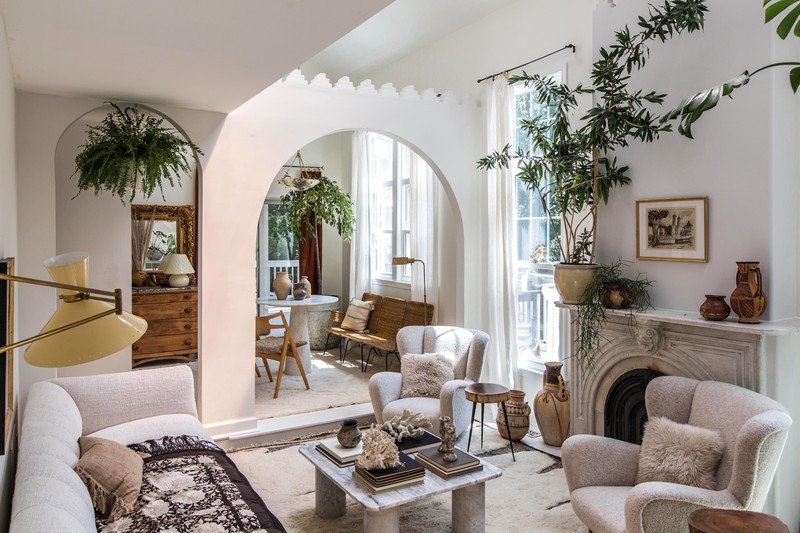As our lives evolve, so do our needs and preferences. Designing homes with adaptability in mind is crucial for accommodating changing circumstances and ensuring long-term comfort and functionality. Adaptable home designs prioritize flexibility, allowing spaces to be easily modified to suit different stages of life. Here is a knockout post where you will explore the benefits of adaptable home designs and discuss key elements that can be incorporated to create versatile living spaces.
Open Floor Plans
Open floor plans are a hallmark of adaptable home designs. By eliminating unnecessary walls and partitions, open spaces offer versatility and freedom in arranging furniture and defining areas as needed. They allow for easy navigation and accommodate various activities, from family gatherings to home offices or play areas for children. Open floor plans create a sense of spaciousness and enhance natural light flow, contributing to an inviting and flexible living environment.
Flexible Room Configurations
Adaptable homes feature rooms that can serve multiple purposes, adapting to changing needs over time and this plays a crucial home in the overall appearances. For example, a room designed as a nursery can easily transform into a home office or a guest bedroom. Incorporating modular or movable partitions, such as sliding doors or bookshelves, allows for flexible room configurations. Built-in storage solutions can also provide additional functionality, allowing spaces to be utilized efficiently. By incorporating flexibility into room designs, homes can easily adapt to the evolving requirements of residents.
Universal Design Features
Universal design principles play a crucial role in creating adaptable homes. Features such as wide doorways and hallways, lever-style door handles, and accessible bathroom fixtures ensure that spaces are inclusive and can accommodate individuals of all abilities. Incorporating features such as step-free entrances and non-slip flooring enhances accessibility and safety. Universal design features not only future-proof homes for potential mobility challenges but also promote inclusivity and provide comfort for all residents, regardless of age or ability.
Final Thoughts
Adaptable home designs offer the versatility and functionality needed to accommodate changing needs and preferences throughout life’s stages. With open floor plans, flexible room configurations, and universal design features, homes can easily adapt to evolving circumstances. By prioritizing adaptability, we create living spaces that promote comfort, convenience, and a sense of belonging for homeowners. Embrace the benefits of adaptable home designs and create spaces that evolve with you.

